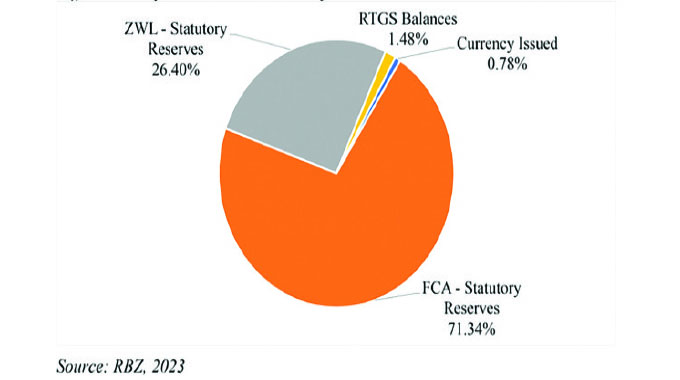Sadc needs $100bn to recapitalise railways

Business Reporter
SOUTHERN African Railways Association says Sadc countries need an estimated $100 billion to recapitalise the North-South Corridor to enhance intra-regional trade and integration.
The corridor stretches from Lubumbashi in the Democratic Republic of Congo to Durban, South Africa.
Sara executive director Mr Babe Botana said the rehabilitation of the North-South corridor and many others in the region would also help regional railways reclaim their market lost to road network.
The railway infrastructure plays a key role in promoting the region’s re-industrialisation.
“The North South Corridor ferries minerals from DRC, the Copperbelt, Zimbabwe and Botswana into the ports in South Africa, that is why it is the mostly talked about corridor,” said Mr Botana.
“We need to rebalance most of the infrastructure on the railway side; change the rails and replace them with those that can accommodate high speed (trains). Some of them are worn out, we really need to do something.
“At SADC level we call it recapitalisation, and if nothing is done eventually there will be no rail infrastructure because this will also have an impact on our road networks as traffic will increase on roads.”
Already, Sara is working on a five year strategy that seeks to restore rail’s market share.
Currently, rail commands less than 20 percent of the market share in transport due to stiff competition from road transportation.
Sara chairman and National Railways of Zimbabwe general manager Mr Lewis Mukwada said rail infrastructure across the regional needed urgent attention to match world class standard.
He said deficits in rail transport system as a rgional problem, as most of infrastructure was developed in the colonial period.
“We should eventually make our railways become class one railways. The current models are not sustainable and should be addressed primarily by removing infrastructure bottlenecks. Ideally, we should reclaim our market share,” said Mr Mukwada.
Railways across the region are hamstrung by poor infrastructure, equipment, statutory provisions, skills drain and poor information technology which largely affect regional integration.
With the exception of Tanzania and South Africa, other countries in the region do not have regulators for their railways.
Mr Mukwada however, said Sara was working towards improving connectivity within the region.






Comments